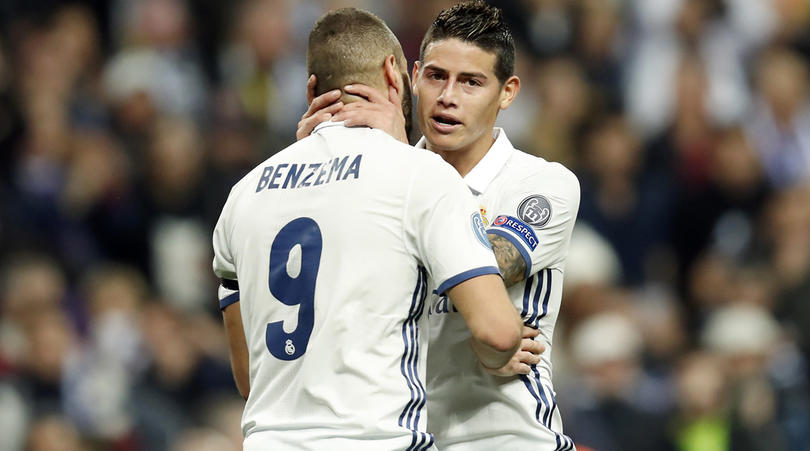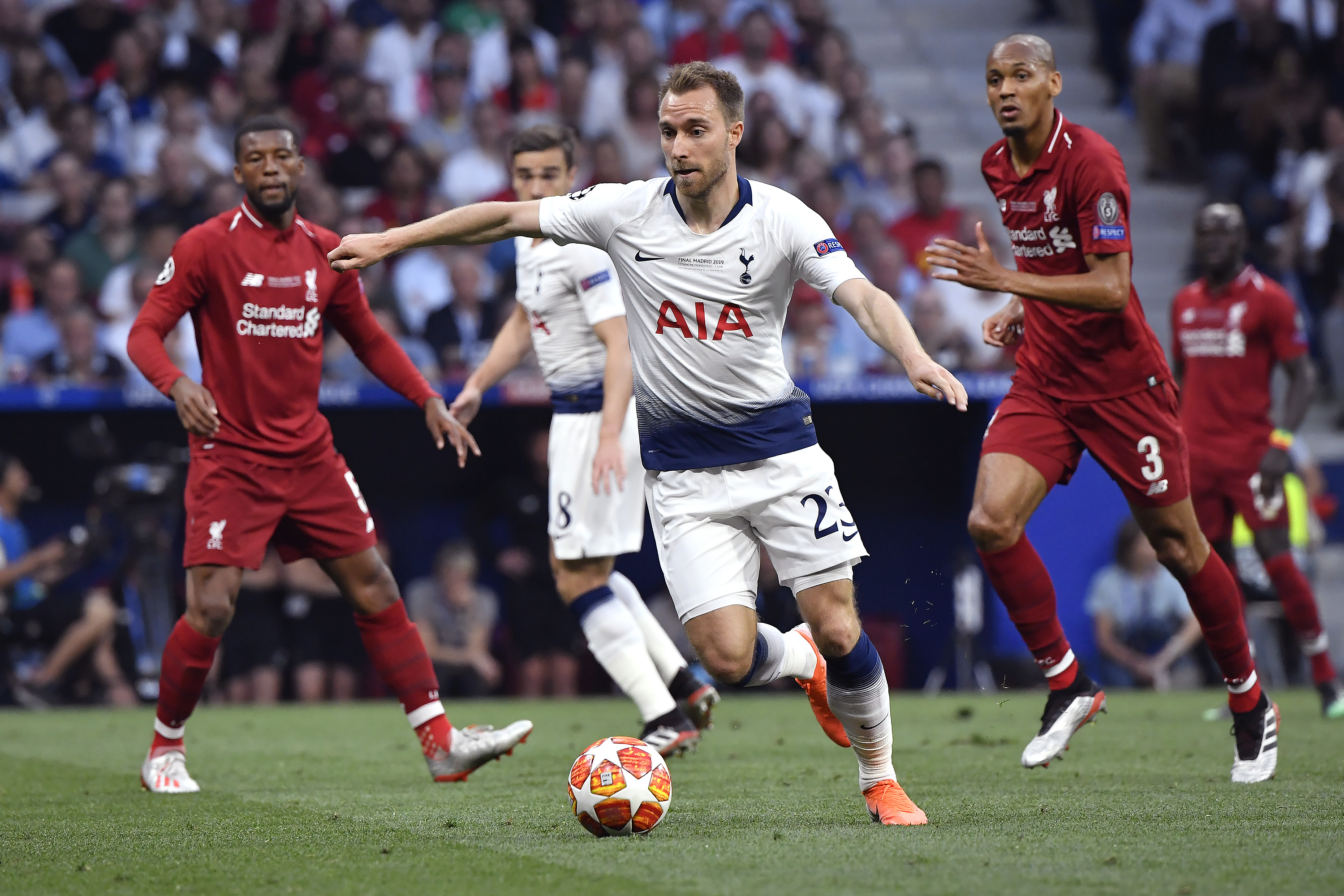What Depay's struggles in Manchester tell us about the modern-day player – and why Jose's right to sell him
Seb Stafford-Bloor considers how young footballers are treated today, and why rejection at Old Trafford could ultimately work in the Dutchman's favour
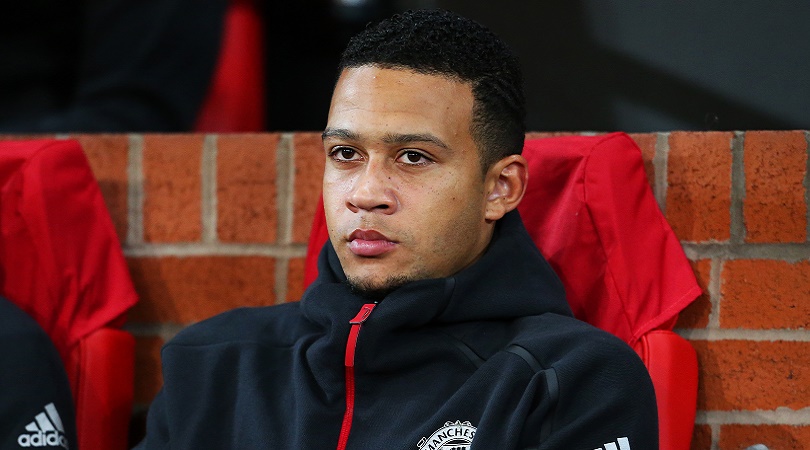
The relationship between Memphis Depay and Manchester United is likely at an end. The young Dutch winger has been so marginalised by Jose Mourinho that, come January and a semi-reasonable offer, he will almost certainly leave the club.
Mourinho has form in this department. Whenever he has grown distrustful of a young player in the past, rarely has that led to anything other than separation. Romelu Lukaku is an excellent example of that, Kevin De Bruyne another; both players were allowed to leave Chelsea on Mourinho's say-so and both have been used to flog Mourinho's judgement in the years since.
Perhaps, one day, Depay will be another. He's too young to dismiss entirely and his regression at United may simply be a reaction to the quantum leap between the Eredivisie and the Premier League. Too much too soon? Perhaps.
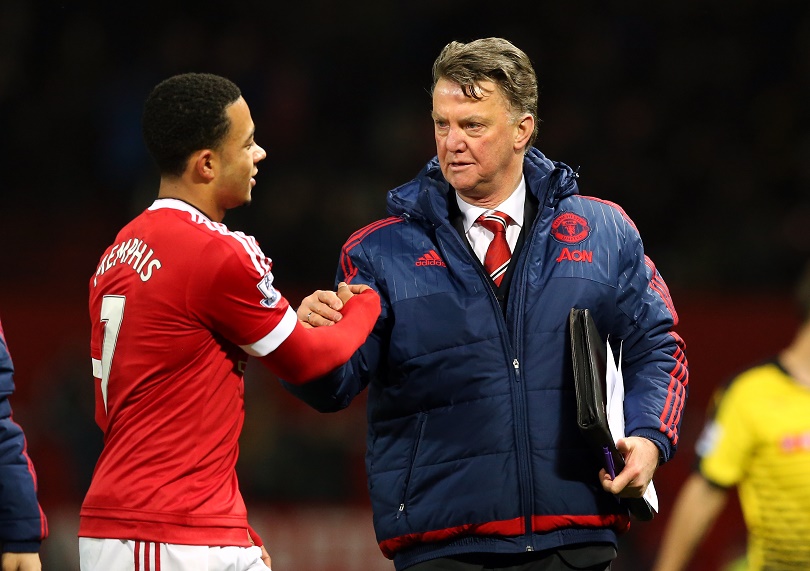
Times they are a-changin'
As retired players of a certain age commonly remark, the pathways between academies and first teams are comparatively smooth in the contemporary game
One of football's current background discussion is centred on the treatment of developing players. At some clubs, initiatives have been birthed to attack the culture of entitlement that afflicts many contemporary prospects. In particular cases, caps have been placed on wages and, in more extreme instances, expensive cars and other premature extravagances are now prohibited.
The changes are generally cosmetic and unlikely to create any long-term change, but at least ego-containment has finally made it onto the agenda. It may not do much good, but it certainly can't do any harm.
The bigger challenge, though, will be to equip future generations with problem-solving acumen. As retired players of a certain age commonly remark, the pathways between academies and first teams are comparatively smooth in the contemporary game. Literal selection remains merciless, of course, but the emotional experience has been sanitised. Gone, rightly, are the bad old days of cruel initiation ceremonies and targeted bullying, because clubs are more aware of their social responsibilities than ever before.
Get FourFourTwo Newsletter
The best features, fun and footballing quizzes, straight to your inbox every week.
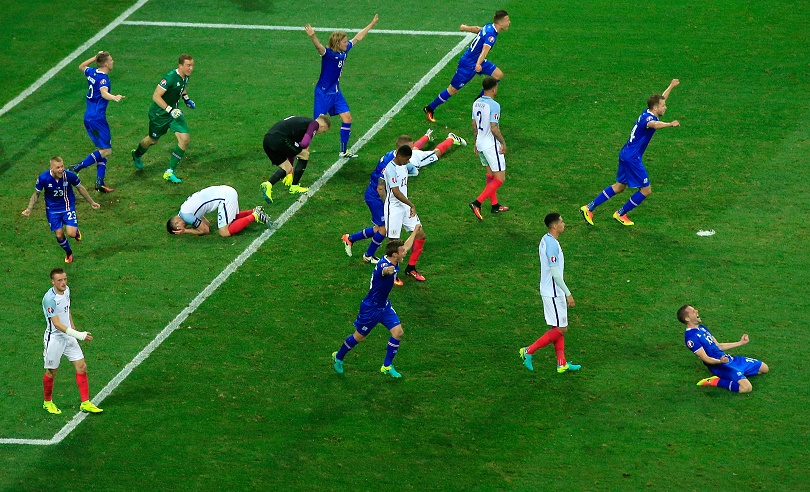
But if there is a downside to that, it's in the subsequent effect. Just as unwritten codes of conduct exist between older and younger players, so too must coaches respect the feelings and sensitivities of impressionable teenagers. In 10 or 20 years' time, autobiographies will no longer tell stories of tough love from a player's youth career and, aside from occasional disappointment, they will probably be unable to recall any adversity whatsoever.
First taste of disappointment
In 2016, the modern archetype is of a softer person and perhaps one less capable of handling criticism constructively
That's not necessarily a positive. In separate interviews with Graham Hunter in 2016, Phil Neville and Steve McManaman spoke about their experiences in the Manchester United and Liverpool academies respectively. The technical standard of coaching was, according to each, important in their upbringing, but they also conceded that – while sometimes difficult and regrettable – the harsher treatment they received had been an essential part of their emotional education.
While in some cases it unquestionably did more harm than good, it patently prepared players for the professional world and made them more resilient. In 2016, the modern archetype is of a softer person and perhaps one less capable of handling criticism constructively.
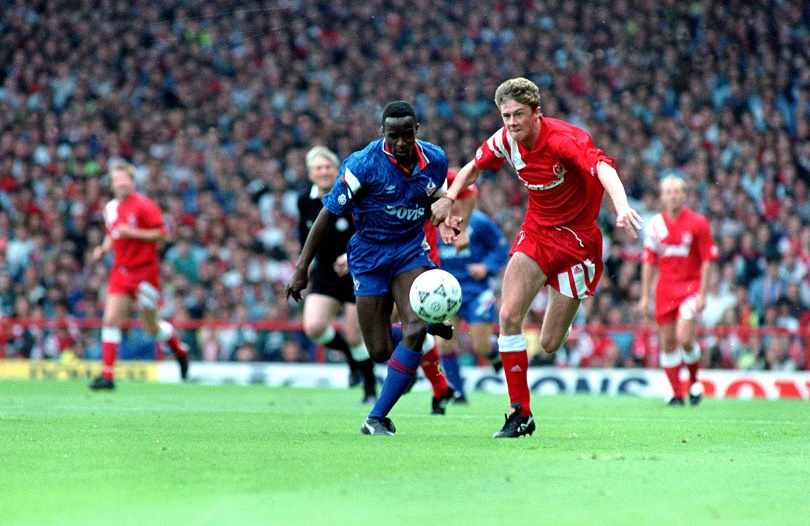
Young players surge to the top. In all three cases, Lukaku, De Bruyne and Depay were stamped as special from a young age and were all signed by prominent clubs for large fees. The roadblock that occurred in all three careers (Lukaku and De Bruyne at Chelsea, Depay at Manchester United) was most likely the first point at which any of them met any resistance. Beyond any difficulties encountered in childhood or away from the game, it was likely the first time any had felt football's cruel side – perhaps even the first occasion on which they hadn't been fawned over.
It's not too fanciful, then, to suggest that an early, high-profile failure can actually replace some of the forming behaviour which has been purged from the game. If something can provoke the same introspection or prompt someone to alter certain key traits, its nature is ultimately incidental.
Bigger fish, smaller pond
While still imperfect, it's probably not a coincidence that Lukaku's game has improved since being exposed to different managerial styles
Reportedly, one of the tensions between Lukaku and Mourinho related to the former's tendency towards independent study. A fiercely ambitious player, the Belgian would analyse forwards he admired in the hope of one day matching and emulating them. Mourinho, rightly or wrongly, interpreted that as opposition to his own tactical instruction; the Portuguese is not a laissez-faire coach and isn't know to tolerate anything other than complete, literal adherence to his instructions.
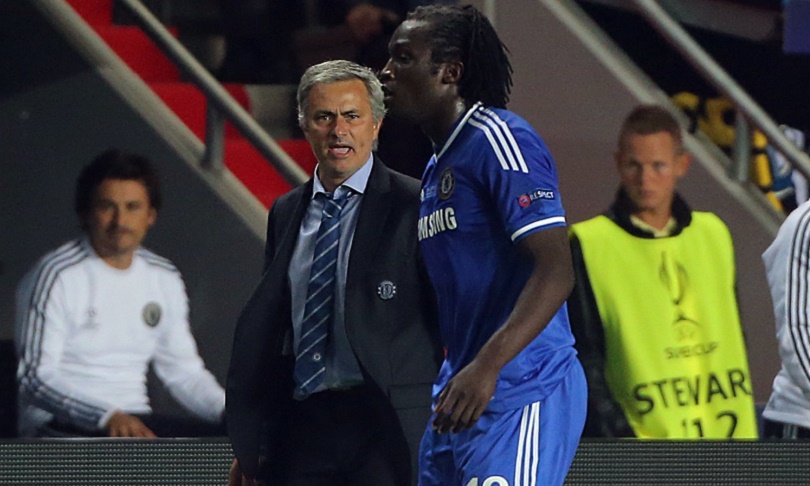
Lukaku's goalscoring record is impressive and has been for some time. But while his ability to put the ball in the net has rarely been questioned, his haphazard combination play often has. While still imperfect, it's probably not a coincidence that that area of his game has improved since being exposed to different managerial styles. Mourinho makes little room for compromise and was likely the wrong type of coach for a cocksure young forward with rigid self-conviction.
Rarely throughout the Portuguese's career has he taken time to develop players, preferring mainly to acquire them off-the-peg for large fees; his tolerance for maturation and youthful over-confidence is thin. By contrast, Roberto Martinez is a more conciliatory character and someone more likely to adapt around and appease a player's ego.
Martinez and Everton, crucially, gave Lukaku the opportunity to play regularly, but the player also noticeably benefitted from a gentler form of correction on a lesser stage. Softened by what amounted to rejection and demotion at Stamford Bridge, he's subsequently become a more pliable talent and more rounded player.
Reasons for departure
The old generational hierarchies have disappeared and young players are no longer willing to be docile on account of their age
De Bruyne, signed by Chelsea in 2012 but loaned out until 2014, arrived in London with a similar attitude. Emboldened by his Bundesliga success with Werder Bremen, he was in no mood for slow progress. Though later contested by the player, reports at the time claimed he was a substandard trainer at Chelsea and showed little interest in moulding himself around Mourinho's tactical imperatives. He was duly sold to Wolfsburg in January 2015 having made just nine appearances.
De Bruyne is a highly modern player, in body as well as mind. While he's since risen to the top of the game, that early streak of defiance cast him as typical of his time. Chelsea were and remain an elite club and Mourinho is a coach with two European Cups on his CV: it's hard to imagine a player from the 1980s or 1990s taking a similar stand in an equivalent situation.
But with players now being raised in different ways, that old submissiveness has gone – and this is one of the consequences. The old generational hierarchies have disappeared and young players are no longer willing to be docile on account of their age. Within six months, De Bruyne had decided that his future lay elsewhere.
Impatient for playing time
It's important at this point to recognise that Mourinho did not sell the version of De Bruyne that Manchester City would eventually buy for over £50m, but rather a formative, unrefined version
At the time of his departure, the playmaker was competing for a starting place with Eden Hazard, Juan Mata, Andre Schurrle and Willian, all of whom had an equal or greater right to a first-team shirt. So, while he didn't quite flounce out of Stamford Bridge, he still showed a startling lack of patience.
It's important at this point to recognise that Mourinho did not sell the player that Manchester City would eventually buy for over £50m, but rather a formative, unrefined version. He may have been a full Belgium international, but he was still comparatively inexperienced within that context.
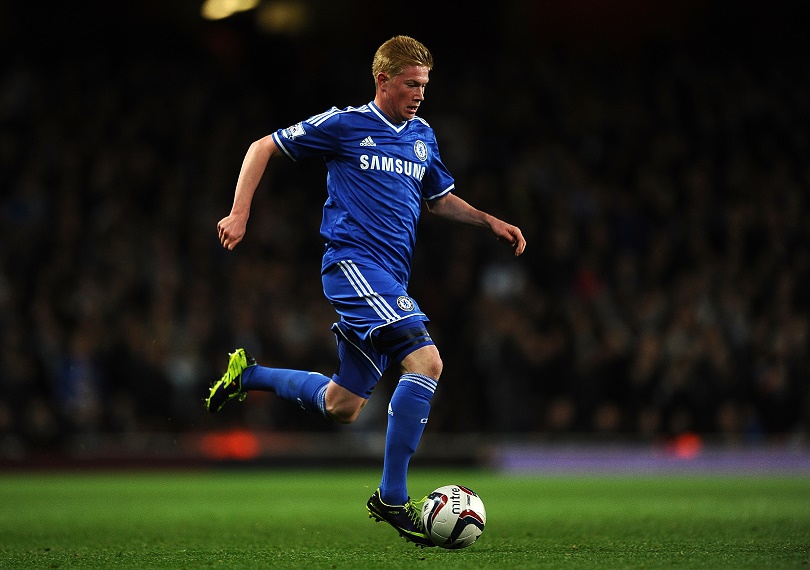
In a Daily Telegraph interview from 2015, recounting a statistical presentation given by Mourinho to show his lack of productivity, De Bruyne portrayed himself as a reluctant student. "I simply answered him: 'Sorry, that's not logical. I've played fewer games than the others. How can you compare me to the others?' That was just not fair in my eyes."
The Portuguese may be notorious for his confrontations with players, but is there any decorated manager working in the game today who would have reacted positively to that kind of challenge? If the story is as De Bruyne tells it, is it any wonder that such distance grew between coach and player?
Setbacks make you stronger
Wolfsburg aren't a small club, but their more shallow talent pool afforded him the opportunity to evolve as a player
Moreover, it could easily be argued that, in spite of the Belgian forward's overwhelming potential, his formative years were better spent away from the game's summmit. Wolfsburg aren't a small club, but the more shallow talent pool at the Volkswagen Arena afforded him immediate involvement and the opportunity to evolve as a player.
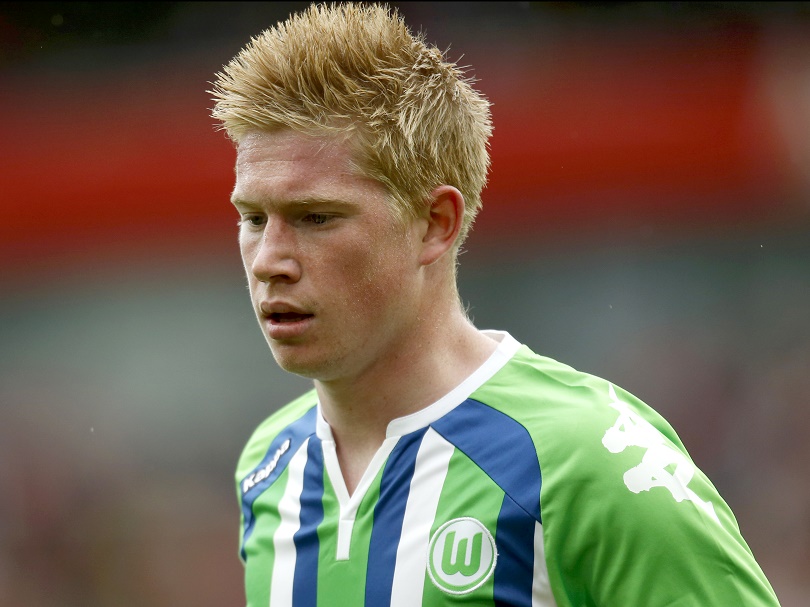
That chance may have arrived via his own hard-headedness and through a rapidly detoriorating relationship with Mourinho, but it can subsequently be said to have been in his best interest. It may not have diluted his attitude or obviously chastened him but, by his own admittance, some personal growth – alongside an exponential technical rise – does appear to have taken place. Again from The Telegraph: "You can't compare with me two years ago at Chelsea. It's a different situation and I am a completely different person than I was then."
Positive turning point?
The point is not necessarily to draw tenuous conclusions about the careers of those players, or even to suggest that their trajectories wouldn't have been the same had Mourinho not turned his back on them. It is legitimate, however, to query whether Chelsea really made errors of judgement in their handling of De Bruyne and Lukaku.
Similarly, should Depay succeed post-Old Trafford, that won't necessarily be a judgement upon Manchester United's technical staff – it will likely be characterised as such, but that would be a formulaic conclusion.
The modern elite player, by virtue of being raised in a more gentle environment, is more complex than his predecessors – he is bolder, more self-confident, and doesn't necesssarily know how to digest rejection or failure in a healthy way. Note how often Lukaku and De Bruyne have spoken to the media in the past and how regularly they have voiced discontent when situations aren't to their liking: the era of "shut up and get on with it" is over.
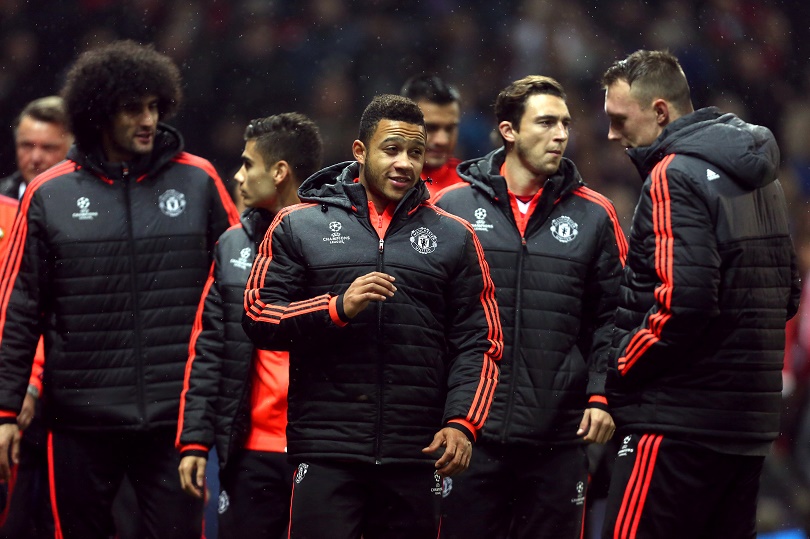
Mourinho has been complimentary of Depay in recent weeks, praising his attitude and dedication. But, as is now commonly the case with these shooting-star prospects, it may take the myriad effects of relative failure to unlock his real potential. The Dutchman's ability must be married to a more flexible playing personality and, by allowing him to leave Old Trafford, Manchester United might well give him the chance to form that union.
Seb Stafford-Bloor is a football writer at Tifo Football and member of the Football Writers' Association. He was formerly a regularly columnist for the FourFourTwo website, covering all aspects of the game, including tactical analysis, reaction pieces, longer-term trends and critiquing the increasingly shady business of football's financial side and authorities' decision-making.

